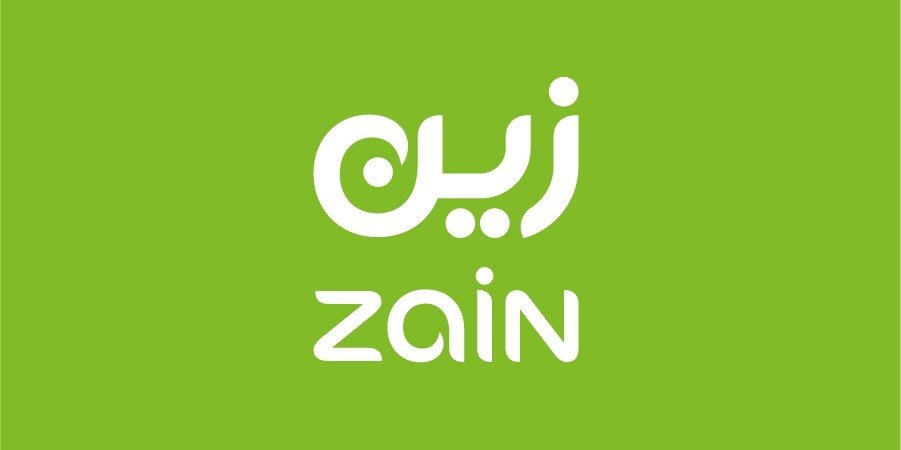Tech companies competing for dominance in artificial intelligence (AI) are reshaping the way people browse and search online — challenging Google Chrome’s long-standing supremacy at the center of the global search ecosystem.
Once simple assistants, AI chatbots have now evolved into intelligent browsers capable of performing complex online tasks such as compiling shopping lists, scheduling meetings, or booking reservations without user intervention.
Leading the charge is OpenAI, which this week unveiled the Atlas browser, described by CEO Sam Altman as an AI-powered web experience built around ChatGPT. During a live demonstration, the Atlas browser generated a complete dinner shopping list based on a user’s meal preference and guest count — showcasing how conversational AI can now act autonomously within a browser environment.
Atlas joins a new generation of AI-infused browsers, including Perplexity’s Comet, Microsoft’s Copilot-enabled Edge, and newer entrants like Dia and Neon. Experts believe this shift could fundamentally change how people interact with the web.
“So many services and apps are browser-based that it makes a lot of sense to have agentic AI acting directly in the browser,” said Avi Greengart, lead analyst at Techsponential.
Unlike earlier AI tools that simply returned search results, these systems function as digital agents — independently handling tasks across applications and websites.
Despite its AI leadership, Google has yet to fully integrate agentic capabilities into Chrome, instead offering features such as AI Overviews and an optional AI Mode for more advanced, multimodal search reasoning. With Chrome still commanding over 70 percent of the browser market, analysts say Google’s dominance remains secure — for now.
However, Thomas Thiele of Arthur D. Little suggests OpenAI could gain a major edge by combining user data from ChatGPT with Atlas browsing behavior:
“Gathering this information together could give OpenAI more insight into users than ever before — we might be witnessing the birth of a new Google.”
Analysts note that whoever controls the browser could also redefine the future of online advertising and user behavior, with AI-driven personalization opening new frontiers for ad targeting and digital engagement.
Still, Daniel Newman of Futurum Group believes the broader future of browsing may extend beyond screens — toward wearables like smart glasses that integrate AI-driven search seamlessly into daily life.
As Evan Schlossman of SuRo Capital observed, “We’re shaping behavior now — and winning where users currently are will determine who leads the next era of digital interaction.”















